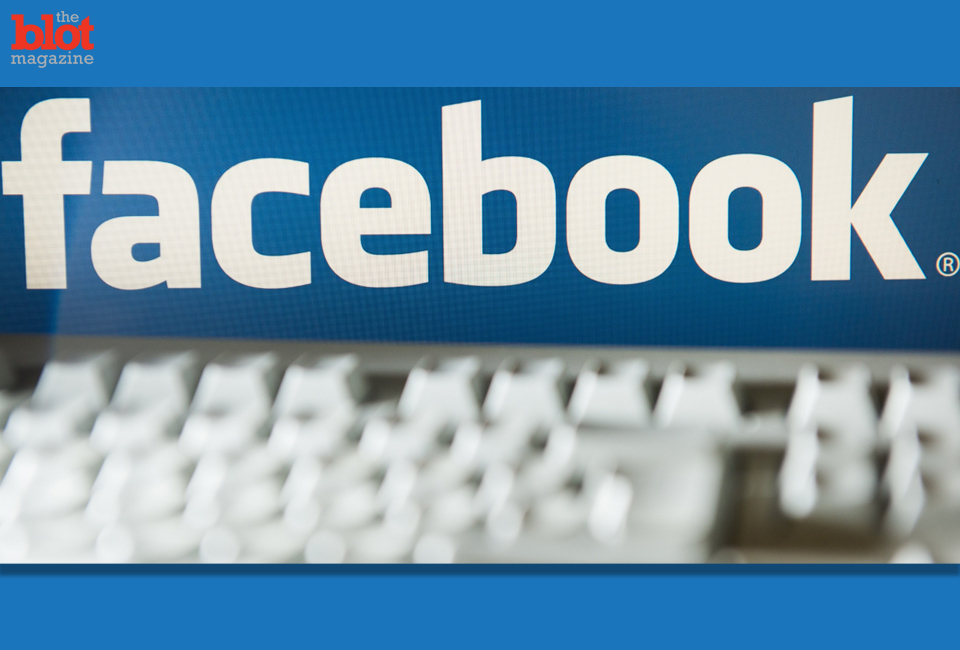
Facebook is a great way to waste time. At least, that’s what I use it for. Rather than hammer out another Pulitzer-worthy essay (and aren’t they all?), I sometimes find myself on Facebook looking at what old friends are doing, checking pictures of family members and taking that test that tells you what one word defines you (surprising, “omniscient” was not my result). Fortunately, I am self-employed, so my boss doesn’t care. However, Mark Zuckerberg’s minions are beavering away to make Facebook not only OK for work for the rest of you, but actually to make using it company policy. “Facebook at Work” is coming to a cubicle near you soon.
The idea, according to Britain’s Financial Times (their Wall Street Journal without the awful Rupert Murdoch bull on the op-ed page), is to let employees chat, connect and collaborate by sharing files and working on documents together. At the same time, this professional profile is separate from your personal one, so that selfie of you after nine tequilas in Mexico won’t show up nestled between the Anderson Proposal and Steve from HR’s request for your updated W-9.
This will bring Facebook into direct competition with LinkedIn on the social-media side. Google has its collaborative tools, while Microsoft bought Yammer a couple years ago, which creates private social employee networks. Chatter from Salesforce.com can do employee chat, and Slack, from Flickr’s Stewart Butterfield, offers some good messaging tools.
So, why would Facebook even bother trying this? I think there are three reasons. First, Silicon Valley believes in its non-carbon-based soul that the workplace still needs a great deal of change. It’s a fertile place for innovation, and that can lead to big bucks. Second, most workers already use Facebook, so there is very little resistance foreseen to adopting it. No one needs to read a manual or get help on how to do things — a major plus. Third, and let’s never forget it, Zuckerberg is an egomaniac. He and his hoodie want to be on the cutting edge of the Next Big Thing because if he isn’t, he’ll cry.
Will Facebook succeed? I wouldn’t bet against it. The new service doesn’t seem to offer anything you can’t get anywhere else. But that doesn’t stop people from starting new car companies or retail stores or snarky websites. Apple invented the iPhone with its touch-screen, but that didn’t prevent Samsung from producing its own (in some ways better) models. If Facebook can do these things at least as well as the existing competition, I’d say it will have a good chance at grabbing market share.
I do have one caveat about the whole concept, though. I have seen technologies come and go, and if the history of the last 40 years has taught us nothing else it is what I call Myhre’s Rule of Technological Appropriateness: “Just because you can technologically do something, doesn’t necessarily mean you should do it.”
Simply put, by allowing social media and related perversions into the work place, are we actually increasing productivity? At first blush, the answer is, “Well, of course, we are, you idiot.” But think about it. If it becomes easy for the New York, Houston and Seattle offices to work together on a project, does that make it easier or harder to get it done? Just how many cooks do you want involved in any broth-making effort? The assumption that Facebook and others who favor this kind of development make is that everyone’s got something positive to contribute, and therefore, any tool that increases those contributions is valuable.
I’ve been in business for more than 30 years now, and I have worked for some of the largest companies in the world, as well as small operations where the staff can go to the Christmas party in a single taxi. The one thing that they all have in common is that there are people whose contributions to a given project are counterproductive. Some people make the greatest contribution to the corporate mission by calling in sick.
I remember designing a newsletter once upon a time, and the launch was held up by two months while some moron in England and another spawn of first cousins in Manhattan argued over the shape of the logo. Facebook et al. would say that its tools would reduce that amount of time by making communication more efficient thus improving the whole process. I would argue that it makes this kind of idiocy more likely to occur. The real solution would have been to exclude both gentlemen from the project on the grounds that they didn’t know what they were doing.
There is no disputing the fact that social media can increase the quantity of information being shared across a corporation. There is equally no disputing the fact that increasing the quantity almost inevitably reduces the quality of the information.
Then again, I don’t like cat videos either.
Jeff Myhre is a contributing journalist for TheBlot Magazine.





